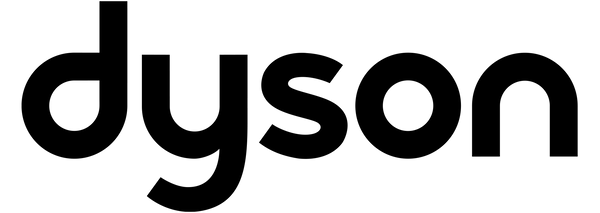James Dyson Award 2020: Young Filipino inventor bags global prize for sustainable invention
Share
Carvey, inventor of AuREUS Technology System
We are delighted to share that young Filipino inventor Carvey Ehren Maigue from Mapua university has been handpicked by renowned inventor James Dyson to be the first ever global Sustainability winner at the James Dyson Award.
The James Dyson Award (JDA) is an annual international design award that celebrates, encourages and inspires the next generation of design engineers. The brief for entry is broad: design something that solves a problem. The best entries solve a real problem, are clearly explained, and show iterative development.
2020 was a record-breaking year for the James Dyson Award, which has now financially supported 250 promising inventions from young engineers and scientists around the world. Despite this year’s context, the Award received its highest number of entries, and the quality was exceptional – highlighting the ingenuity of young inventors. The two winners, who each receive £30,000, solve significant problems of global importance: women missing breast cancer screenings and sustainable methods to effectively generate renewable energy.

First ever global Sustainability winner – Carvey from the Philippines
AuREUS System Technology is the first ever Sustainability Award winner of the James Dyson Award 2020. Invented by 27-year-old Carvey Ehren Maigue. It is a new material, made from waste crop, which converts UV light into renewable energy.
The problem
Many renewable energy sources suffer from intermittency: wind power and solar power can only be generated in very specific environmental conditions. Solar panels mostly capture and convert visible light into renewable energy and must be facing the sun to do so. Current solar farms are only built horizontally, never vertically and often placed on prime arable farmland, meaning the land can’t be used to grow crops. Yet, there are thousands of windows and other surfaces that could be repurposed.
The solution
The James Dyson Award’s first ever Sustainability Award winner is tackling the challenge of how we could more effectively generate renewable energy from light and upcycling waste in the process.
AuREUS, invented by Carvey Ehren Maigue from Mapua University in Manila, the Philippines, is a material that can be attached to a pre-existing structure or surface to harvest UV light and convert it into visible light to generate electricity in a way that traditional solar panels can’t. Whether the sun is shining, or it is cloudy, Carvey’s material will still generate electricity as the particles in his material absorb UV light causing them to glow. As the particles ‘rest’ they remove excess energy and this ‘bleeds’ out of the material as visible light which can then be transformed into electricity. AuREUS has the potential to turn more solar energy into renewable energy than traditional solar panels and it can function fully even when not in direct sunlight. Current testing suggests that it can produce electricity 48% of the time, compared to 10-25% in conventional photovoltaic cells.

“AuREUS is impressive in the way it makes sustainable use of waste crops, but I’m particularly impressed by Carvey’s resolve and determination. Having failed to make the national stage of the Award in 2018, he stuck at it and further developed his idea – this will be a very important character trait as he embarks on the long road to commercialisation. I wish him every success because, as a farmer, I have always been concerned about covering fertile, food-producing, agricultural land in photovoltaic cells. Carvey’s invention demonstrates a convincing way to create clean energy on existing structures, like windows, within cities.”
James Dyson, Founder and Chief Engineer at Dyson.
Carvey first submitted his idea to the James Dyson Award in 2018 but did not progress to the Awarding stages of the competition. Then, his technology could only be applied to windows and used a chemical compound as the key ingredient in the substrate. 2 years on, with further R&D into applications and using upcycled waste crops, Carvey’s invention is the James Dyson Award’s first ever Sustainability Award winner. His persistence to improve his idea and learn from setbacks mirrors James Dyson’s ethos on failure – a key component to the design process fostered at Dyson.

After speaking to James Dyson, Carvey said, “Winning the James Dyson Award is both a beginning and an end. It marked the end of years of doubting whether my idea would find global relevance. It marks the beginning of the journey of finally bringing AuREUS to the world. I want to create a better form of renewable energy that uses the world’s natural resources, is close to people's lives, forging achievable paths and rallying towards a sustainable and regenerative future.”
Hear more from Carvey on the Dyson Newsroom here.
Fossil fuels continue to account for over 81% of global energy product according to the International Energy Agency.
- It is estimated that, if we continue to burn fossil fuels at the current rate, global supplies of gas and oil will deplete by 2060. Accessible and effective clean, renewable alternatives need to be prioritised.
- Solar panels can process 15-22% of solar energy into usable energy. This is dependent on placement, orientation and weather.
